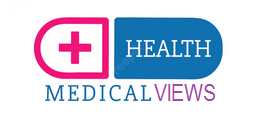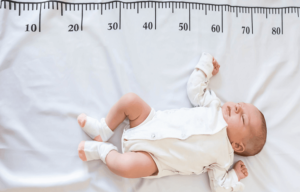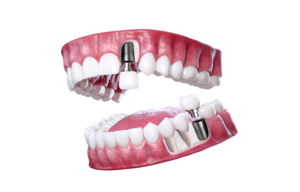Healthcare-associated infections (HAIs) are infections that individuals may contract while receiving medical care in settings like hospitals, nursing homes, or outpatient centers. These infections can stem from surgical procedures, exposure to contaminated instruments or surfaces, or other environmental factors. Additionally, they may be transmitted by healthcare personnel, visitors, or even through facility systems such as air and water circulation.
HAIs pose a serious risk to patient safety, often leading to severe health complications and, in some cases, fatalities—especially when antibiotic-resistant pathogens are involved. Beyond their medical impact, these infections prolong hospital stays, increase healthcare costs, and add significant emotional and financial strain on patients and their families.
Mitigating the risk of HAIs requires a multifaceted strategy that emphasizes stringent hygiene protocols and responsible antibiotic usage to curb resistance. Routine maintenance and monitoring of essential infrastructure, including air filtration and ventilation systems, play a crucial role in infection control. Furthermore, a medical gas verifier is vital for ensuring the safe and effective operation of medical gas systems, contributing to overall patient safety. Promoting awareness among healthcare staff, patients, and visitors about infection prevention measures further reinforces these efforts.
The integration of cutting-edge technologies within healthcare operations enhances both safety and efficiency. However, maintaining rigorous surgical standards and strict adherence to infection control procedures remains fundamental in safeguarding patient health and minimizing the spread of HAIs.



